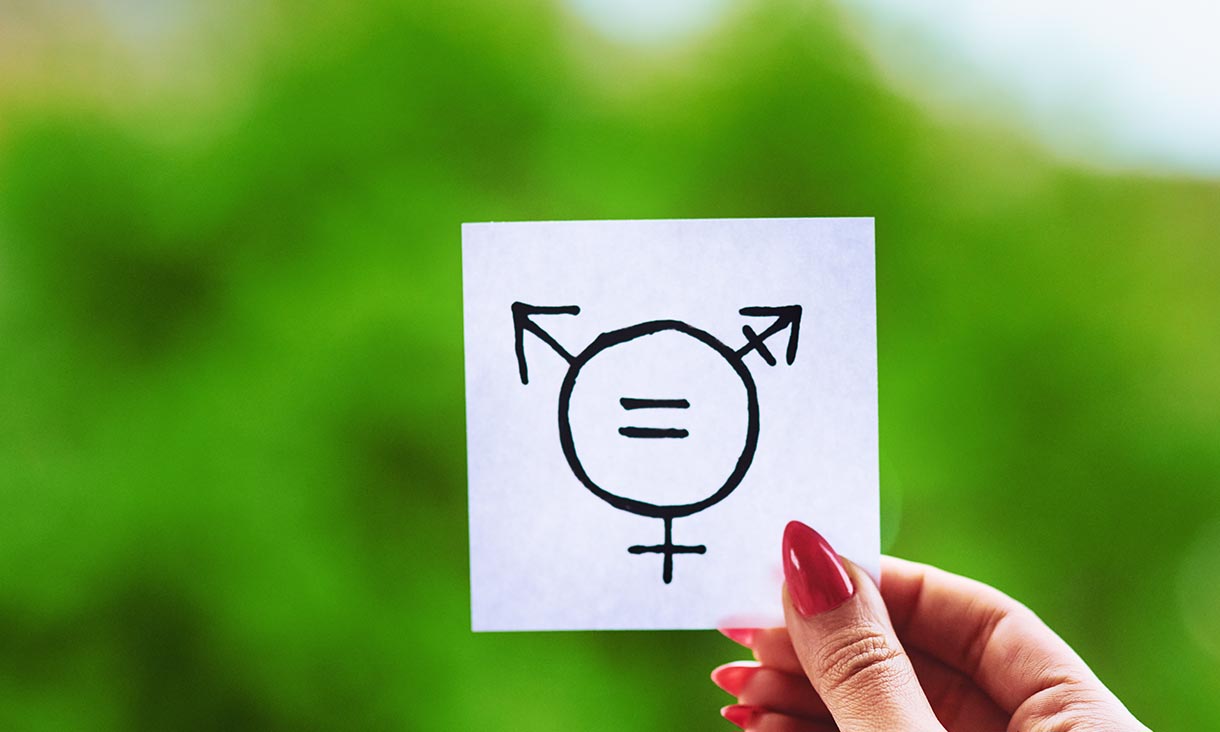Exemplar projects
Positioning a Major Australian Surf Brand in the USA

The project involved carrying out research on what uniquely identifies Australian surf culture and Australian surf brands, and similarly in the case of US surf culture (and US surf brands) to help determine how a major Australian surf brand could brand itself effectively in California (including through sponsoring events, at the retail level and so on). The research had a strong cultural focus in terms of understanding values, identity and related issues at the subcultural level including how Australian and American surfers understood the value and authenticity of brands. Similar work was also carried out as a part of a major Australian Research Council Grant on how culture can inform branding. For more information contact Professor Francis Farrelly.
Protecting the Baltic Sea

Some 3.5 million leisure boats in the Baltic Sea use the coastal areas for recreational boating. A great majority of these boats use toxic compounds to prevent fouling organisms to attach to the boat hull (antifouling). The commonly used biocide, copper oxide, is released to the environment during hull cleaning. This toxin leaches to the waters in the sensitive coastal zone causing severe damages to the marine denizens and environment. The overall objective of this project, BONUS CHANGE, was to reduce to a minimum the supply of toxic compounds from antifouling paints used on leisure boats in the Baltic Sea.
Attaining this goal is incumbent on changing antifouling practices of leisure boaters toward more sustainable consumption of antifouling products and techniques. The project provided scientific foundation for changes in regulations at multiple levels. Our results contribute to new risk assessment of antifouling products by measurement of the eco-toxicity of the paints. Our two books, BONUS CHANGE Recommendations towards Regulations for Sustainable Antifouling practices in the Baltic Sea and Changing leisure boat antifouling practices in the Baltic Sea: Results from the BONUS CHANGE project, were designed to make scientific results accessible and applicable to public policy makers and other stakeholders. For more information contact Professor Diane Martin.





